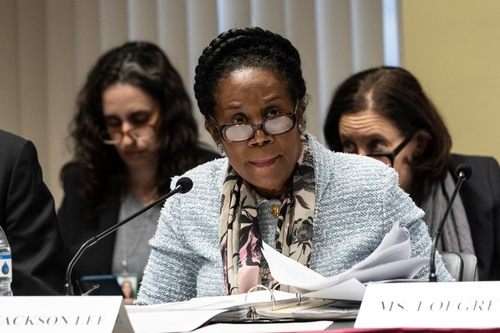North Carolina Gov. Roy Cooper vetoed a bill on Friday that sought to make minors accused of serious crimes get automatically tried as an adult in court. The legislation vetoed by the Democrat governor, House Bill 834, passed Congress with significant bipartisan support, with 18 Democrats in the two chambers in Congress voting with Republicans in favor of the legislation.
North Carolina Gov. Cooper vetoes bill that would have required more juveniles to be tried as adults https://t.co/f2DeaDQq5g
— Fox News (@FoxNews) June 15, 2024
In his veto, Cooper sided with criticism of the measure based on how its changes affect the provisions of the 2019 “Raise the Age” law, which ended a mandate that children between ages 16 and 17 be tried as an adult for criminal violations.
Current juvenile justice law requires a notice of an indictment or a hearing to determine probable cause before children ages 16 and 17 accused of serious felonies to be moved to adult court.
But with H.B. 834, the transfer requirement for most high-level felonies would end and minors guilty of such high-level crimes would be moved for trial in adult court.
“I remain concerned that this new law would keep some children from getting treatment they need while making communities less safe,” Cooper wrote.
“Most violent crimes, even when committed by teenagers, should be handled in adult court. However, there are cases where sentences would be more effective and appropriate to the severity of the crime for teenagers if they were handled in juvenile court, making communities safer. This bill makes this important option highly unlikely,” Cooper added.
The veto comes after the American Civil Liberties Union sent a letter to the governor, asserting that prosecuting children as adults “causes significant harm to young people and does nothing to address the underlying causes of youth crime.”
“The juvenile justice system requires far more accountability, counseling, education, and family involvement than the adult system and it works better. Recidivism is significantly higher when children go through the adult system rather than receive the services and punishment from the juvenile system,” he stated.
However, Republicans and some Democrats see things differently, as Sen. Danny Britt, who spearheaded the bill, argued that it “improves efficiency in our courts.”
According to proponents of the bill, young people charged with serious felonies already end up in adult court, with the legal efforts to get them transferred there from juvenile court was becoming overwhelming for prosecutors.
From Cooper’s desk, the bill is now meant to return to the General Assembly, where lawmakers would attempt to override his veto.






